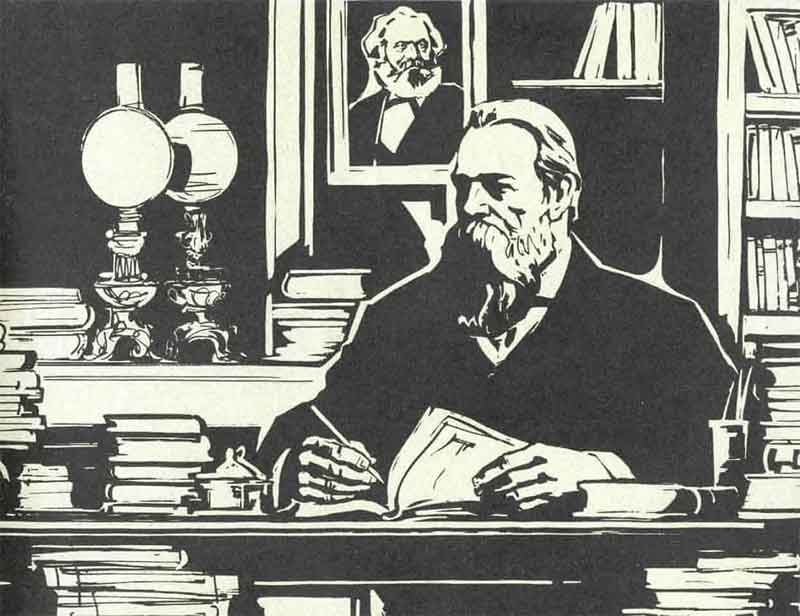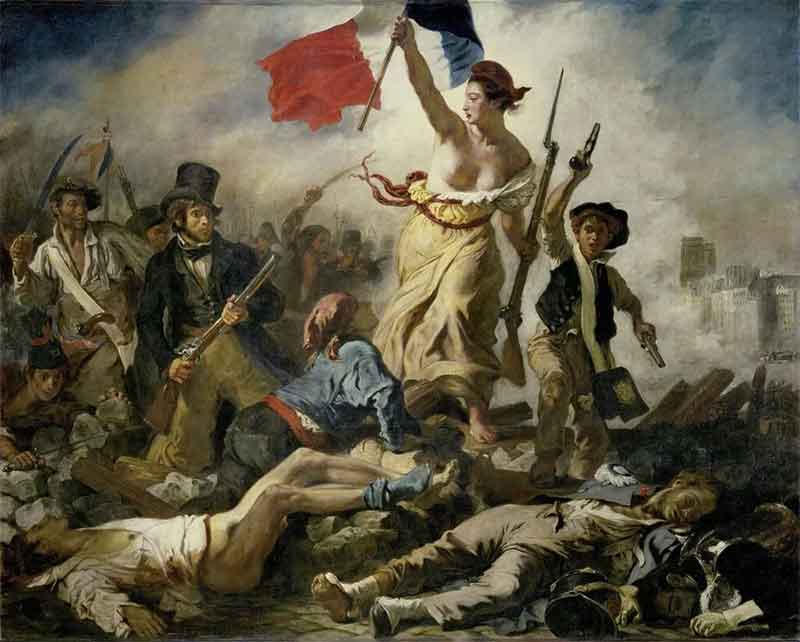
I strongly believe that the oppressed people particularly the working class have nothing without an organisation. I also subscribe to the Leninist principles of organisation. The foremost being that a revolutionary party has to be led by professional revolutionaries. A professional revolutionary is one whose only thought and action centres around how to carry out the revolution in the given context. Lenin insists on this because only such people can lead the revolutionary party as their only preoccupation with revolutionary work will be relatively unbiased and without prejudices. But the Lenin’s organisational principle has been reduced to uncritical organisational discipline in the name of democratic centralism. Another inseparable part of Democratic Centralism is the minority submitting to the majority; the lower committees to the higher committees.
I always wonder, why a decision cannot be taken by way of consensus in a committee of professional revolutionaries?
In my practice, I have found that the division of votes, inevitably leads to manipulation of numbers. Moreover, it is invariably assumed that the majority represents and ‘reflects’ the opinion of the majority of the people in the Society. This “Reflection Theory” was vehemently criticised by Lenin as dogmatic and authoritarian as the minority is condemned to submit to the majority and implement the decision of the majority.
In a committee of three, two forms the majority. If I am a part of the majority, I am under pressure to retain it, as I cannot afford to lose any one to the other side. Similarly, the minority will be waiting for an opportunity to win over from my side to make the balance in their favour. Instead of Consensus, division of votes is causing this threat and suspicion and hence the manipulations in the name of Democratic Centralism. Moreover, although all are professional revolutionaries, it leads to unhealthy relationship between the two sections. The majority is not bound to respect the minority, although the minority is bound by the majority. Owing to such a grudging relationship, each section will strive to prove the other wrong. If this perpetuates, it will only lead to split in the organisation and thus weakening the functioning of the Party. Earlier days the splits were deemed as dialectical, as it goes by the logic” One divides into two”.
Now a days this logic has been defied. “ One divides into three” is the Rule.
The historical writer K.Mohan Ram who wrote the history of Communist Movement in India, particularly after the break of Naxalbari rightly named his book Maoism in India as “ Splits within Split”. Some may defend it as the inevitable splits for political reasons. But it is essentially Organisational. The intolerence or mutually disrespectful relationships, I guess.
From my little experience, working on Consensus is the remedy for this malady. If the numbers in the committee is unwieldy to reach a Consensus, then, we could go for division of votes without branding or rediculing the other. Total transparency and all accepting Democratic Process shall be the precondition for such a process. Any decision has to be collective by way of consensus by the nominated Committee for the purpose.
On the contrary, if the cadres are forced to submit, in the name of Organisational discipline, this is more of submission than voluntaryassociation, which is the bedrock of a Communist Party.
In order to carry forward the revolution, the party organisation has to take the form of a movement, which is intrinsically dynamic. Whereas the organisational methods followed in our context, particularly in the Indian context, has not evolved itself as a movement. A movement is one which is not static, which is organically evolving and all encompassing. While the communist parties which should have evolved as a movement are still run as static organisations; whereas paradoxically, there are other political organisations, which are for maintaining the status – quo, evolved themselves into a movement.
Dravidian movement is one such experiment in our context. While the communist parties inspired the toiling masses to organise themselves as trade unions, Dravidian parties inspired the mass of people to organise themselves as a political and cultural movement. It transformed every domain of the Tamil society, be it language, belief systems or other cultural practices. A Tamil family inspired by the Dravidian movement evolved its own unique practices from cradle to grave. Some of the prominent practices like naming a person, organising self-respect marriages without any bar/ discrimination became a sort of inspiration among the masses. However, it has to be noted a section of this movement got degenerated into Castiest and anti-Dalit, owing to its class- collaborationist/ opportunist Electoral Politics.
This is not to debunk communist movement altogether. The working class families inspired and influenced by the early communist movement did have their own cultural pursuits which were basically progressive and non-discriminatory. The communist movement worked among the most oppressed people and inspired the so-called untouchables into its fold.
In Tamil Nadu in the very beginning, as the movement offered them self-dignity, and atleast in Tamil Nadu the party earned the name as party of Dalits (Pallar & Paraiyars) but it was not able to sustain this when it did not pursue the land question to its logical end . Whereas, it got degenerated into Trade Unionism and crass Economism.
Institutionalisation is inevitable, if the core of the main values cherished by a movement have to take roots and spread among the targeted masses widely. Paradoxically, many a times the Institutionalisation itself becomes an impediment against the very spirit. One classic example is the Church. Churches of all denominations have become institutions against the very spirit of the Christ, while it did play a role in spreading the religion as a dogma. Liberation theology tried to break this fetter to some extent.
Institutionalisation leads to beauracratisation. Unfortunately, institutionalised Communist movement is not an exception..
Communist Parties will have to resurrect themselves as a MOVEMENT, if its ideologies and philosophy have to “grip the masses and to become a material force,” eventually, as Marx envisaged in the beginning. Communist Internationals, and later Cominform, played a determining role in spreading the idea and the need for communist revolution, the world over.
Whereas, the current trends of more and more institutionalisation and bureaucratisation are contrary to the vision of Marx.
In the context of the Indian sub -continent, we need to evolve a Communist movement in each nationality which can jointly form a federation to accomplish the New Democratic Revolution of India, with socialist content and liberate ourselves from the hegemony of Neo colonialism and the imperialist SYSTEM.
Today Imperialism is a global system. It can be overthrown only if we organise ourselves as a Movement, encompassing all aspects of our life.
( NOTE: The above document is drafted by Pon Chandran for a wider discussion, particularly among Communist Parties. Thanks to the Late Comrade S.N. Nagarajan for his inspiration and inputs received from him. Over a period of time, say last three/ four decades, based on which this draft is drafted for a wider discussion, particularly among the Communist Revolutionaries.)
Pon.Chandran, Anti- Fascist School, Coimbatore.
Email: [email protected]















































